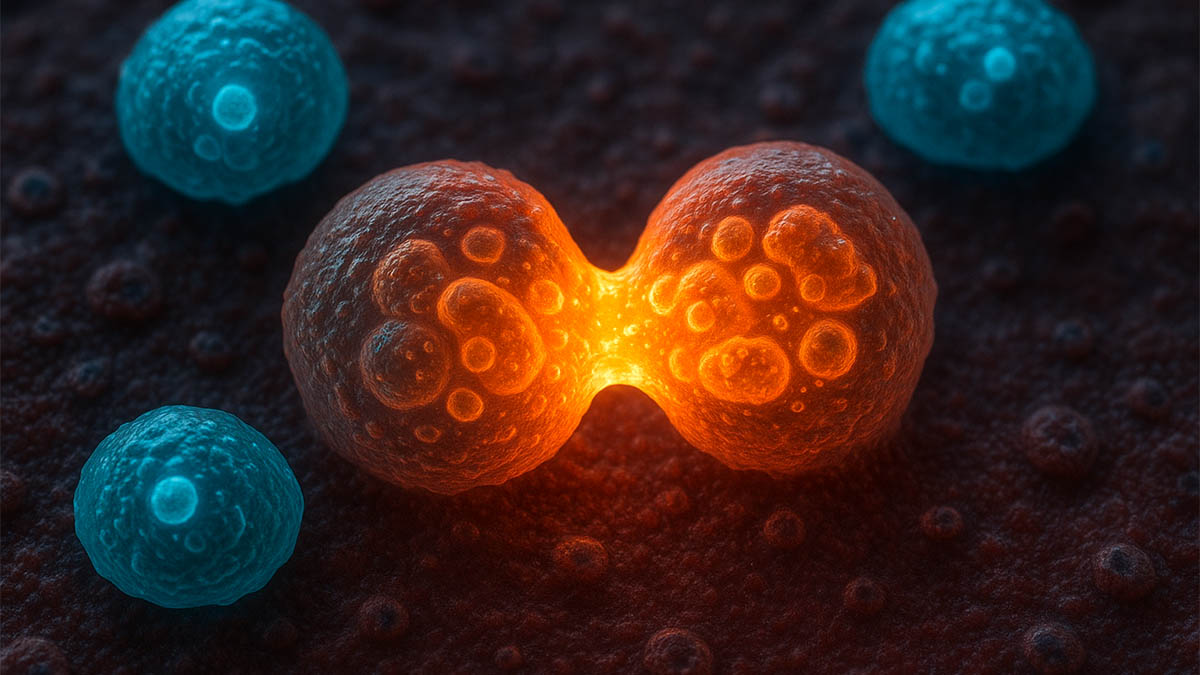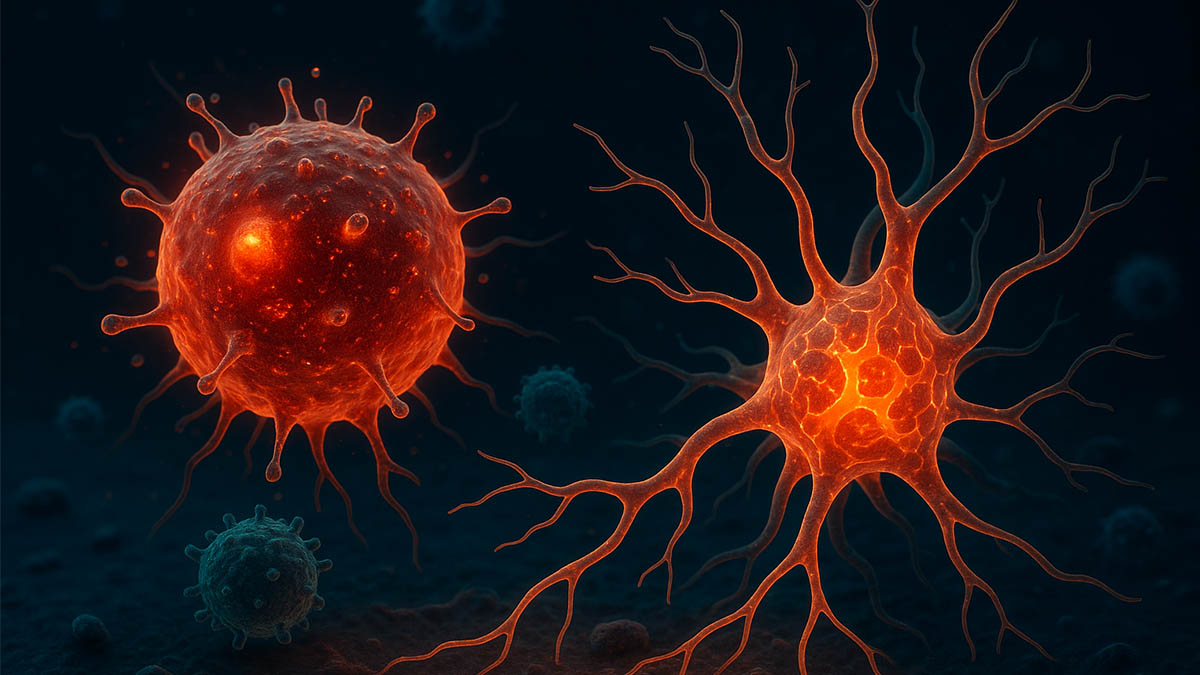The application of stem cell therapy in autism spectrum disorder (ASD) has gained attention in recent years. Researchers suggest that mesenchymal stem cells (MSCs) and other regenerative approaches may support neurological development, modulate immune response, and improve behavioral outcomes. Families worldwide are exploring treatment options, with Mexico emerging as a destination for cost-effective and clinically regulated therapies.
Understanding Stem Cell Therapy for Autism
Stem cell therapy for autistic children focuses on enhancing neuroplasticity, reducing inflammation, and promoting neuronal connectivity. Treatments typically involve:
Mesenchymal Stem Cells (MSCs)
MSCs are derived from bone marrow, umbilical cord, or adipose tissue, offering immunomodulatory and regenerative properties. Clinical studies indicate potential improvements in social behavior, communication, and repetitive behaviors, although outcomes vary based on age, severity of ASD, and treatment protocol.
Treatment Protocols
Protocols may include:
- Intravenous infusion or intrathecal injection of stem cells
- Multiple sessions spaced over weeks or months
- Monitoring cognitive, behavioral, and physical responses
- Integration with supportive therapies, such as occupational and speech therapy, to maximize functional outcomes
Comparative Cost Analysis
The financial investment for stem cell treatment for autistic child varies based on treatment type, clinic location, and stem cell source.
| Treatment Type | Average Cost (USD) | Notes |
|---|---|---|
| Autologous MSC Therapy | $6,000 – $12,000 | Patient-derived, reduces immune risk |
| Allogeneic Umbilical Cord MSCs | $8,000 – $18,000 | Donor-derived, higher regenerative potential |
| Multi-session Protocols | $10,000 – $20,000 | Includes follow-ups and behavioral monitoring |
| Combined MSC + Supportive Therapy | $12,000 – $25,000 | Optimized for functional improvements |
Key Insight: Clinics in Mexico often provide COFEPRIS-certified protocols at lower costs than comparable U.S. facilities while maintaining high safety standards.
Safety and Regulatory Compliance
Safety is paramount for pediatric patients undergoing stem cell therapy.
- COFEPRIS Certification: Ensures clinics follow strict safety and quality protocols in Mexico.
- Patient Screening: Comprehensive evaluations assess suitability and risk.
- Post-Treatment Monitoring: Ongoing assessments measure neurological, cognitive, and physical outcomes.
- Physician Expertise: Pediatric specialists oversee cell preparation and administration, minimizing complications.
International Perspective
Families often compare treatment options across countries to balance cost, safety, and clinical expertise.
| Country | Average Cost (USD) | Regulatory Notes |
|---|---|---|
| USA | $15,000 – $35,000 | FDA-regulated clinical protocols, highly structured trials |
| Mexico | $6,000 – $20,000 | COFEPRIS-certified clinics, cost-effective alternatives |
| India | $5,000 – $15,000 | Research-based protocols, experienced clinicians |
| Thailand | $6,000 – $18,000 | Includes supportive therapies and follow-ups |
Observation: Mexico offers a unique combination of affordability, clinical oversight, and accessibility, making it a preferred option for international families.
Factors Affecting Treatment Cost
Several factors influence the final cost of stem cell treatment for autistic child:
- Stem cell source: Autologous versus allogeneic affects lab preparation and pricing
- Number of sessions: Severe ASD cases may require multiple interventions
- Clinic accreditation and physician experience: Higher standards typically increase costs
- Follow-up care: Ongoing monitoring ensures safety, efficacy, and adjustment of supportive therapies
Is stem cell therapy for autistic children safe?
When administered in COFEPRIS-certified clinics or FDA-regulated centers with experienced pediatric specialists, stem cell therapy is considered safe and well-monitored.
How does Mexico compare in cost and quality?
Mexico offers cost-effective therapies that maintain high clinical and safety standards, often at 30–60% lower cost than equivalent U.S. clinics.
Understanding stem cell treatment for autistic child is essential for families considering advanced regenerative interventions. Mexico provides access to clinically validated, COFEPRIS-certified protocols, offering a balance between affordability and high-quality care.
Families must carefully evaluate clinic credentials, treatment protocols, and post-treatment monitoring to ensure optimal outcomes and safety. This makes Mexico a leading destination for accessible, effective, and well-regulated stem cell therapies for pediatric ASD patients.


